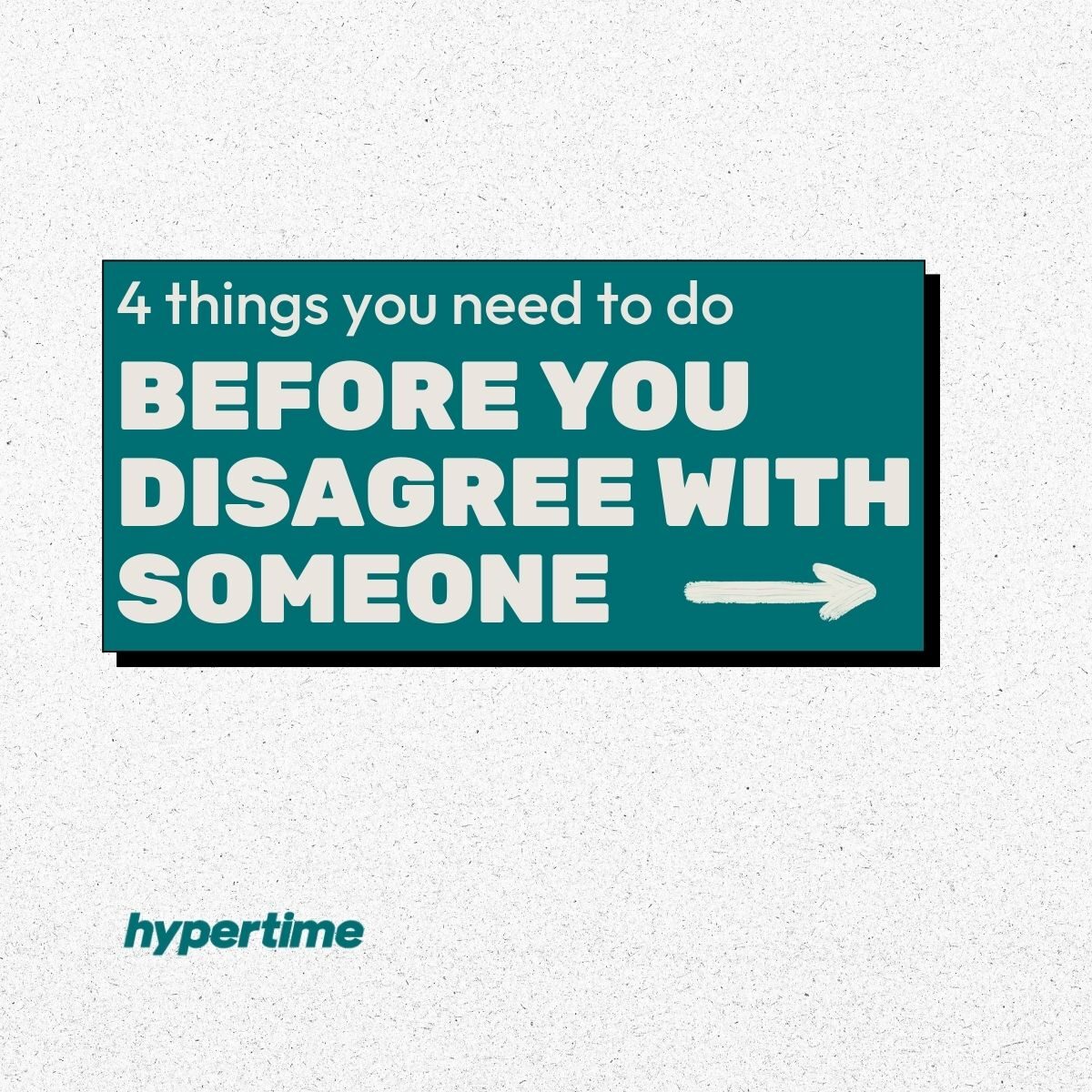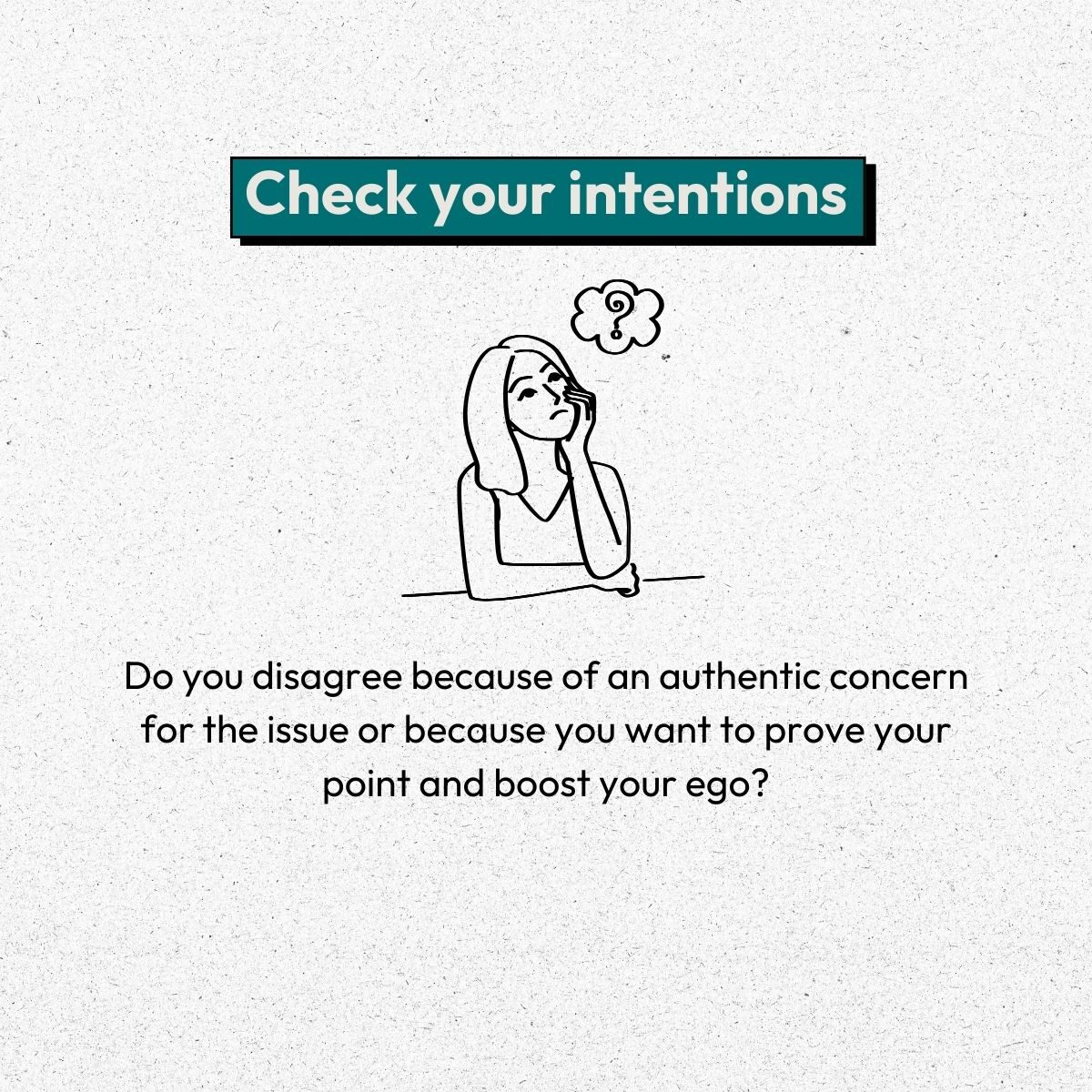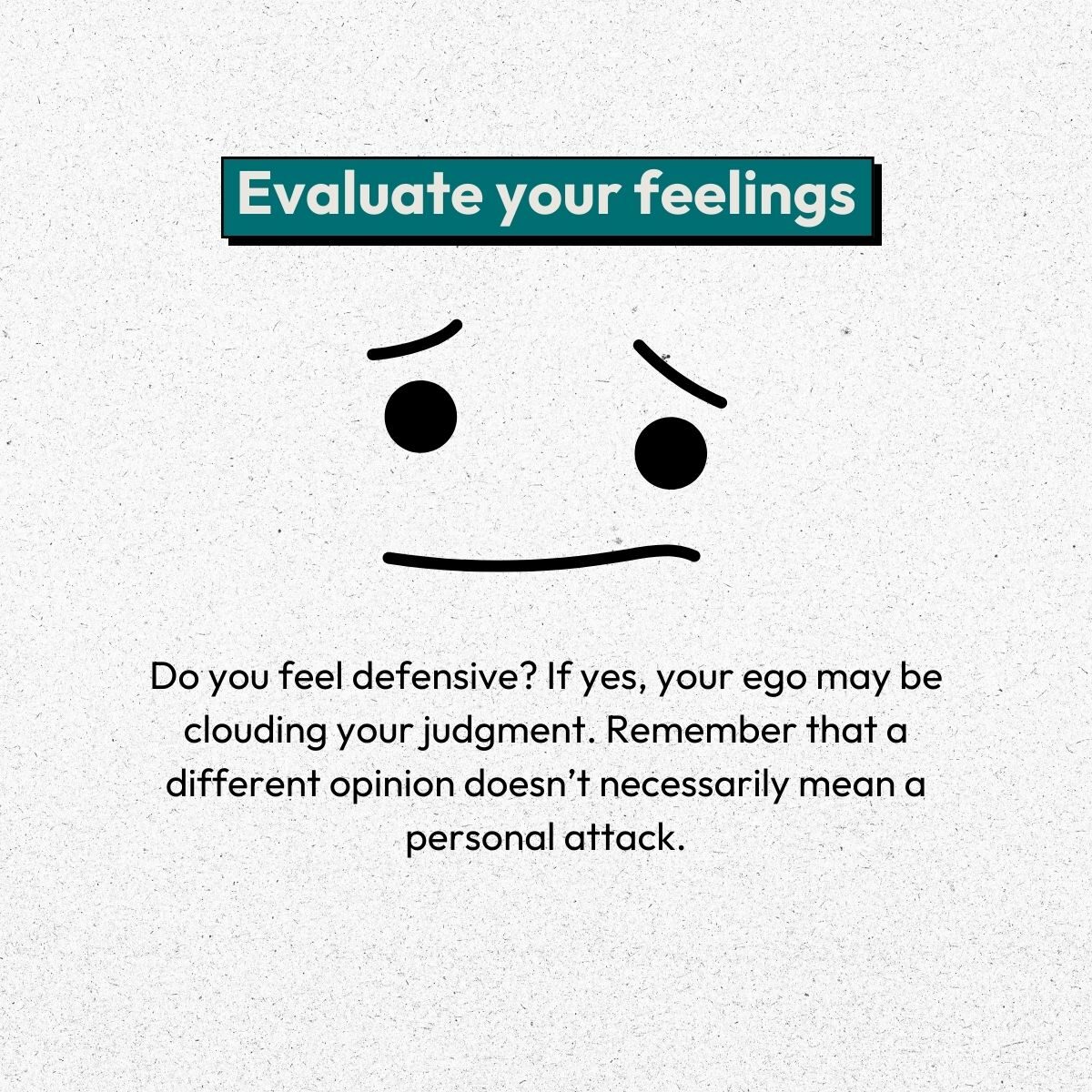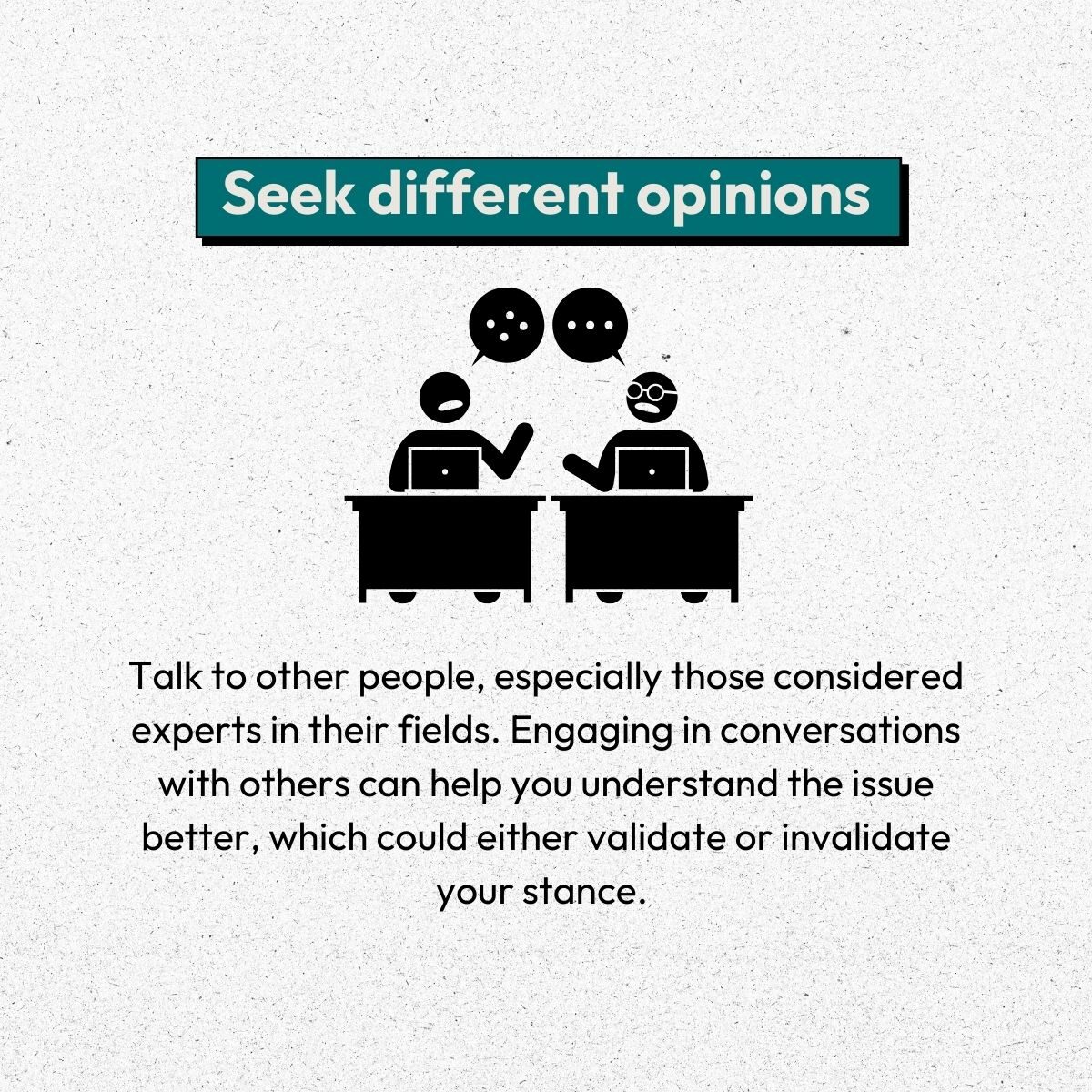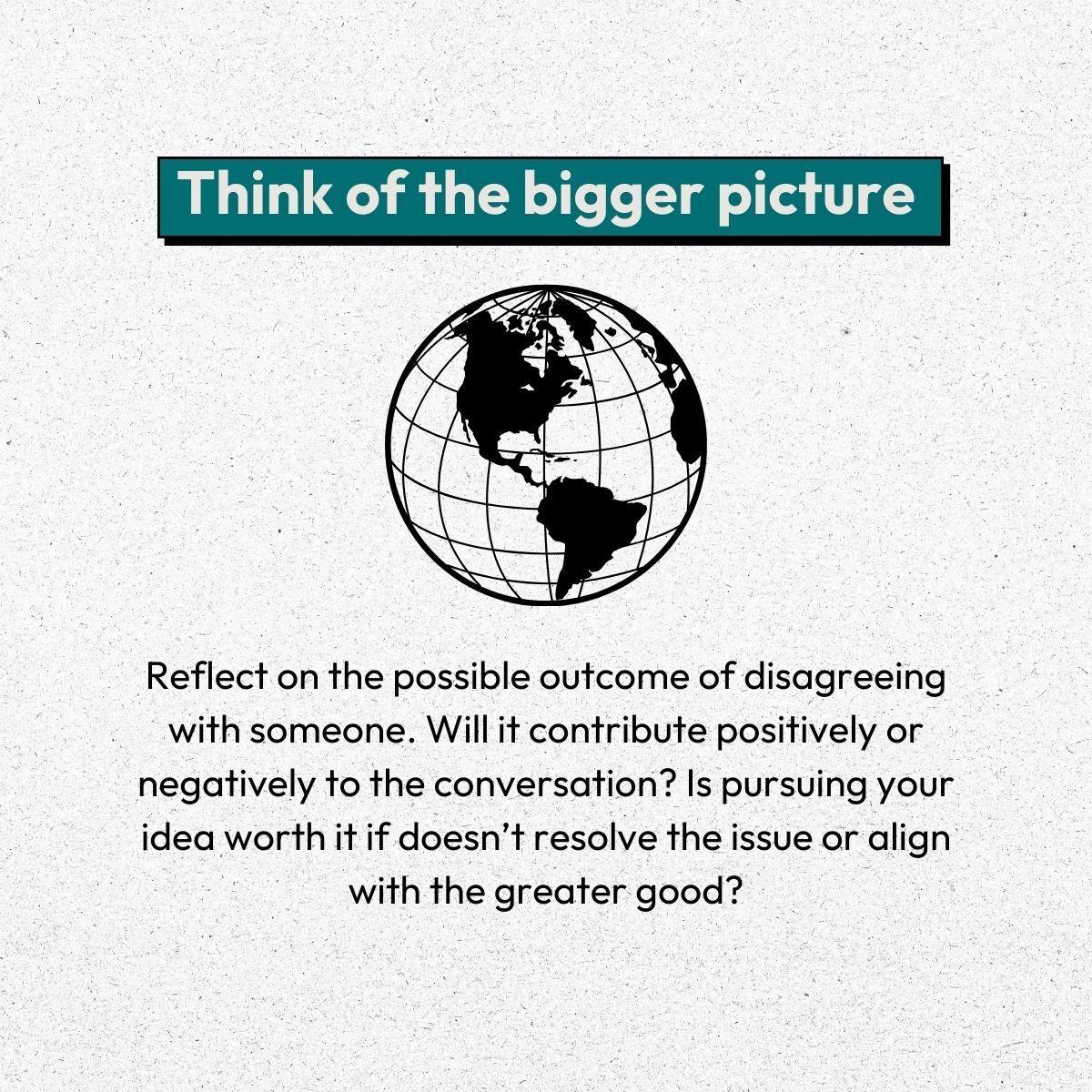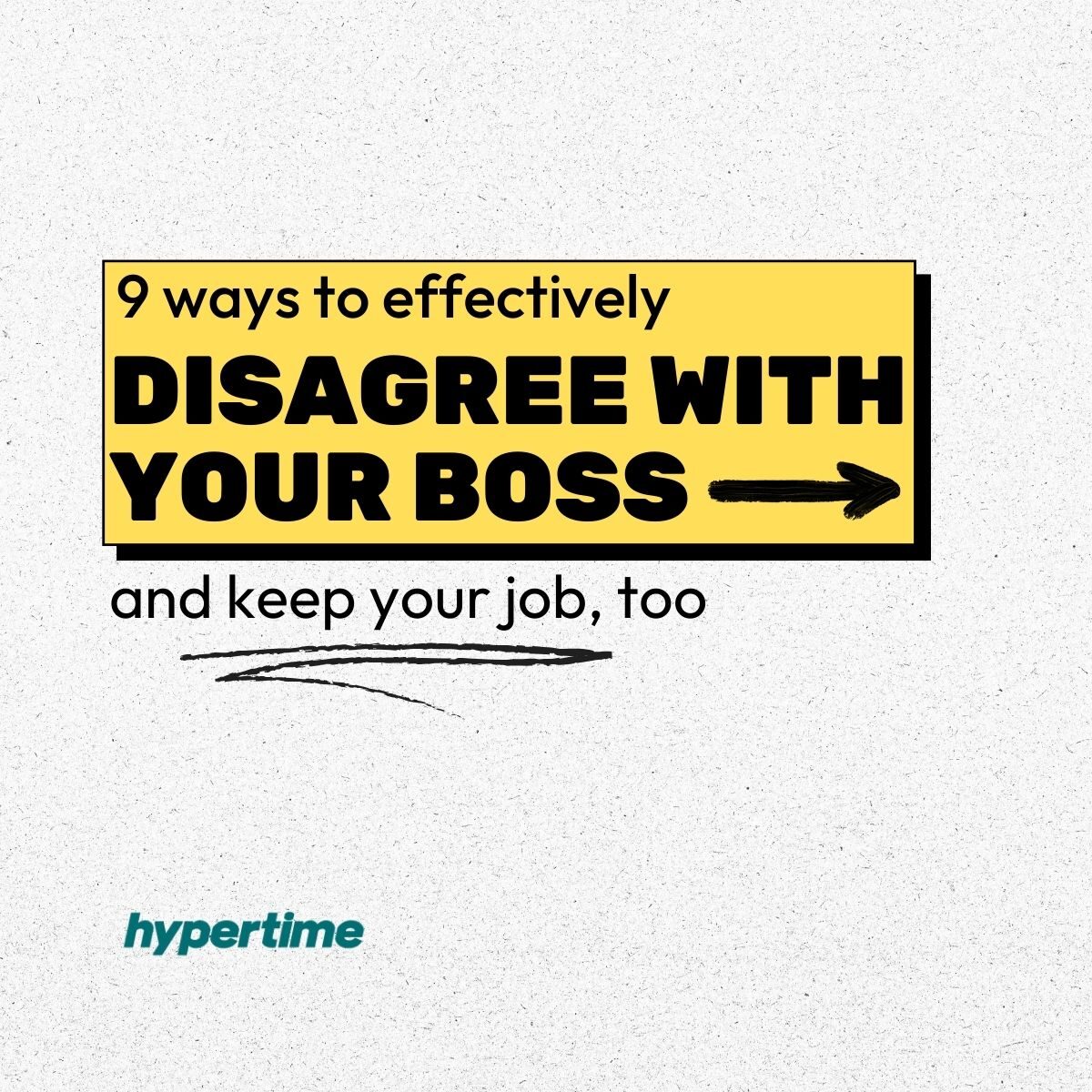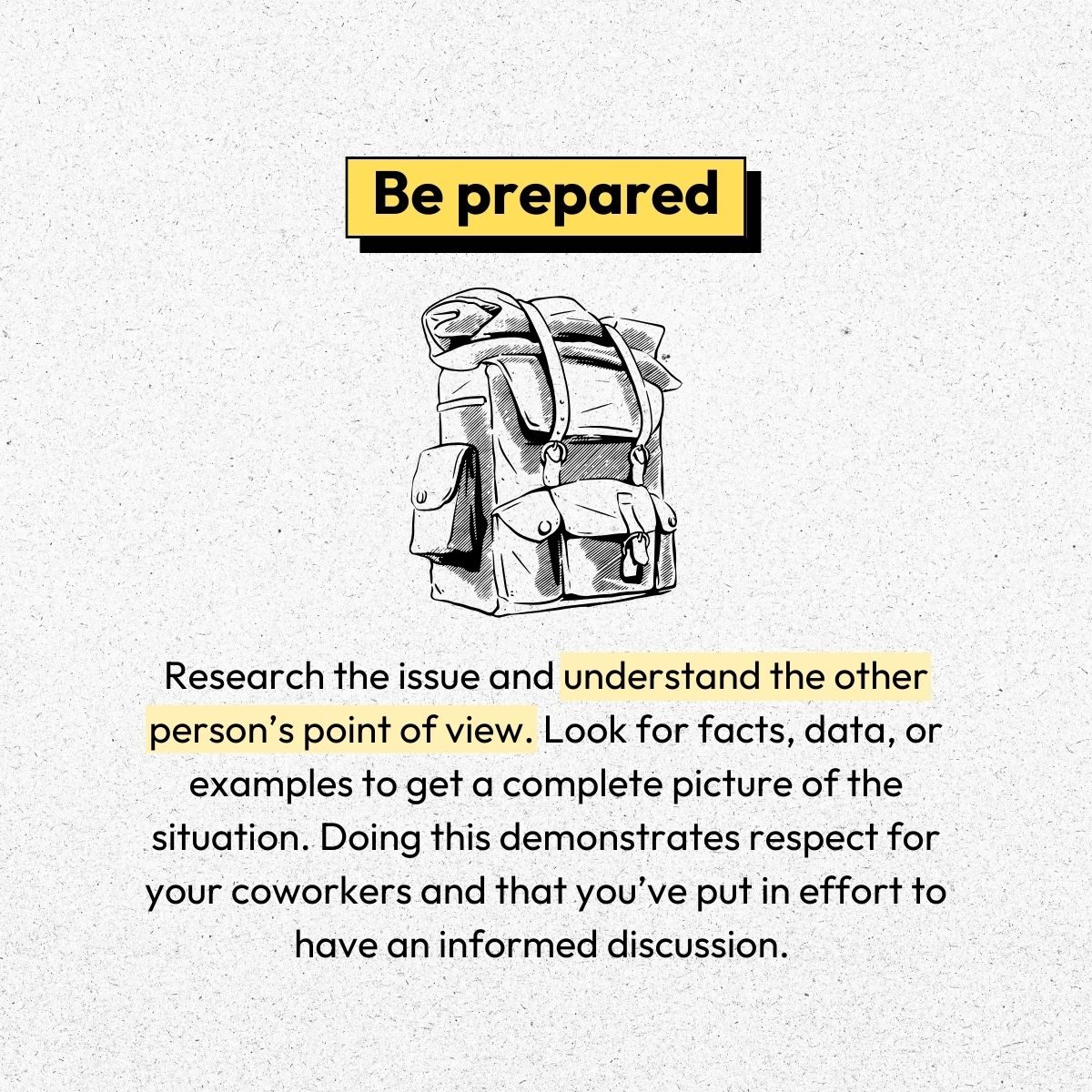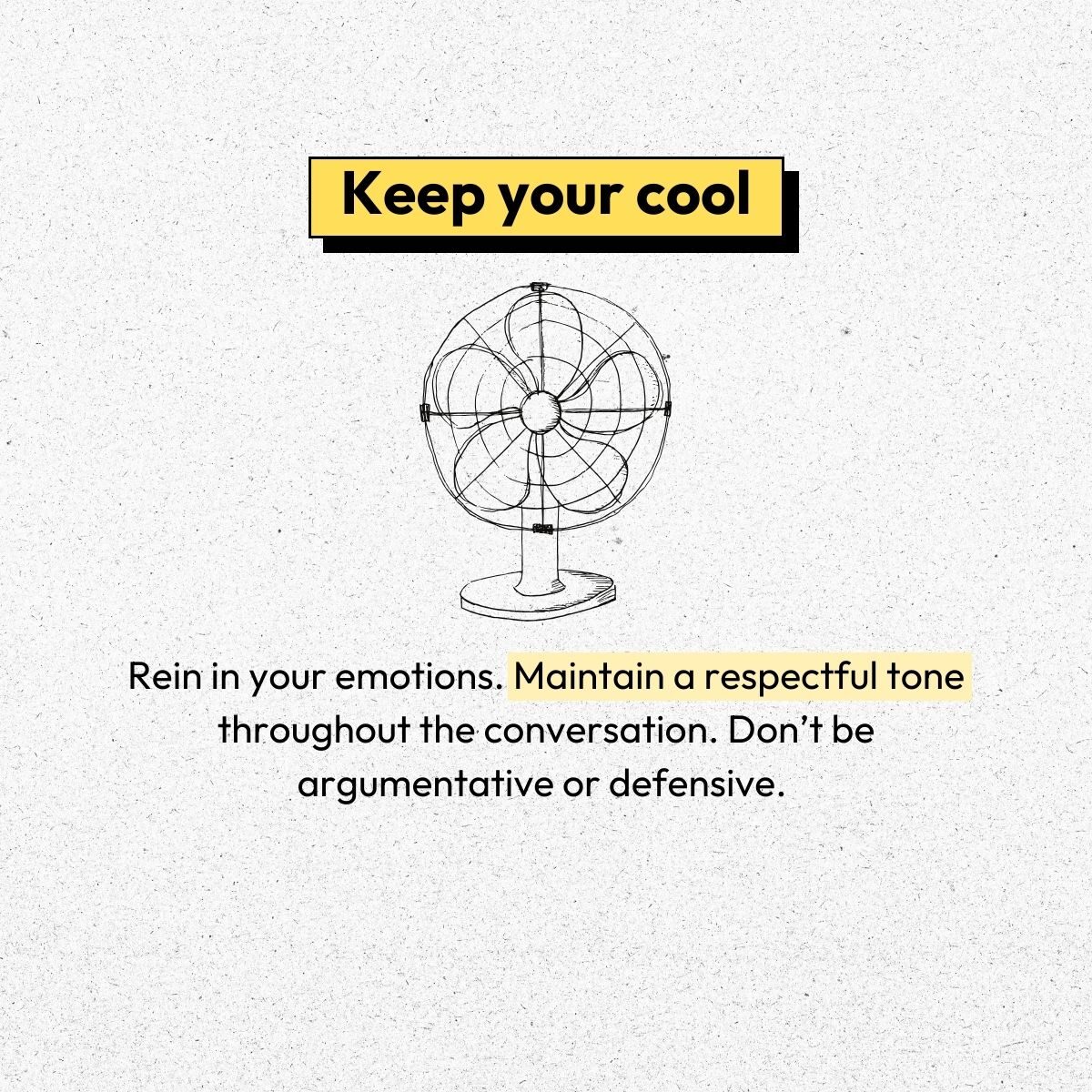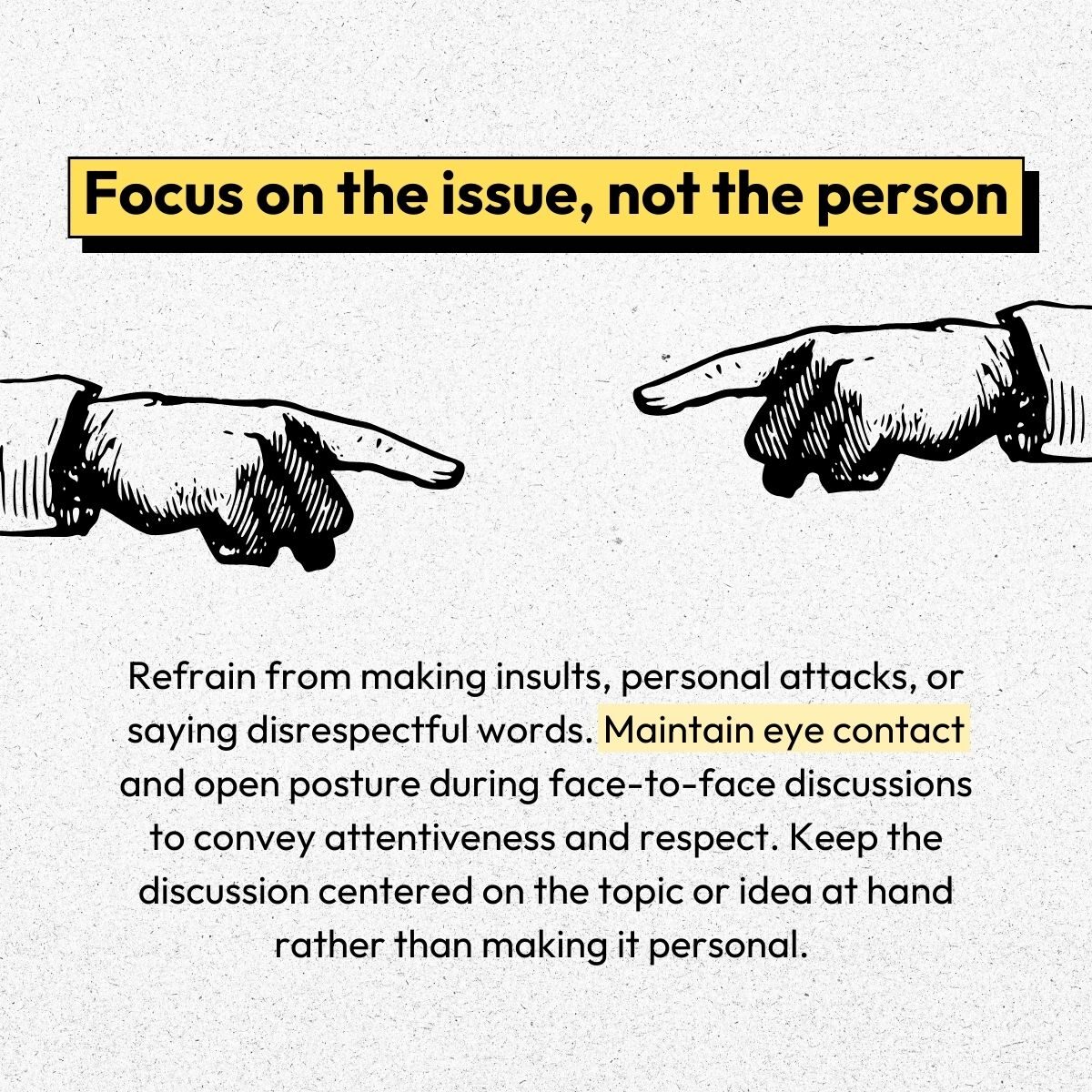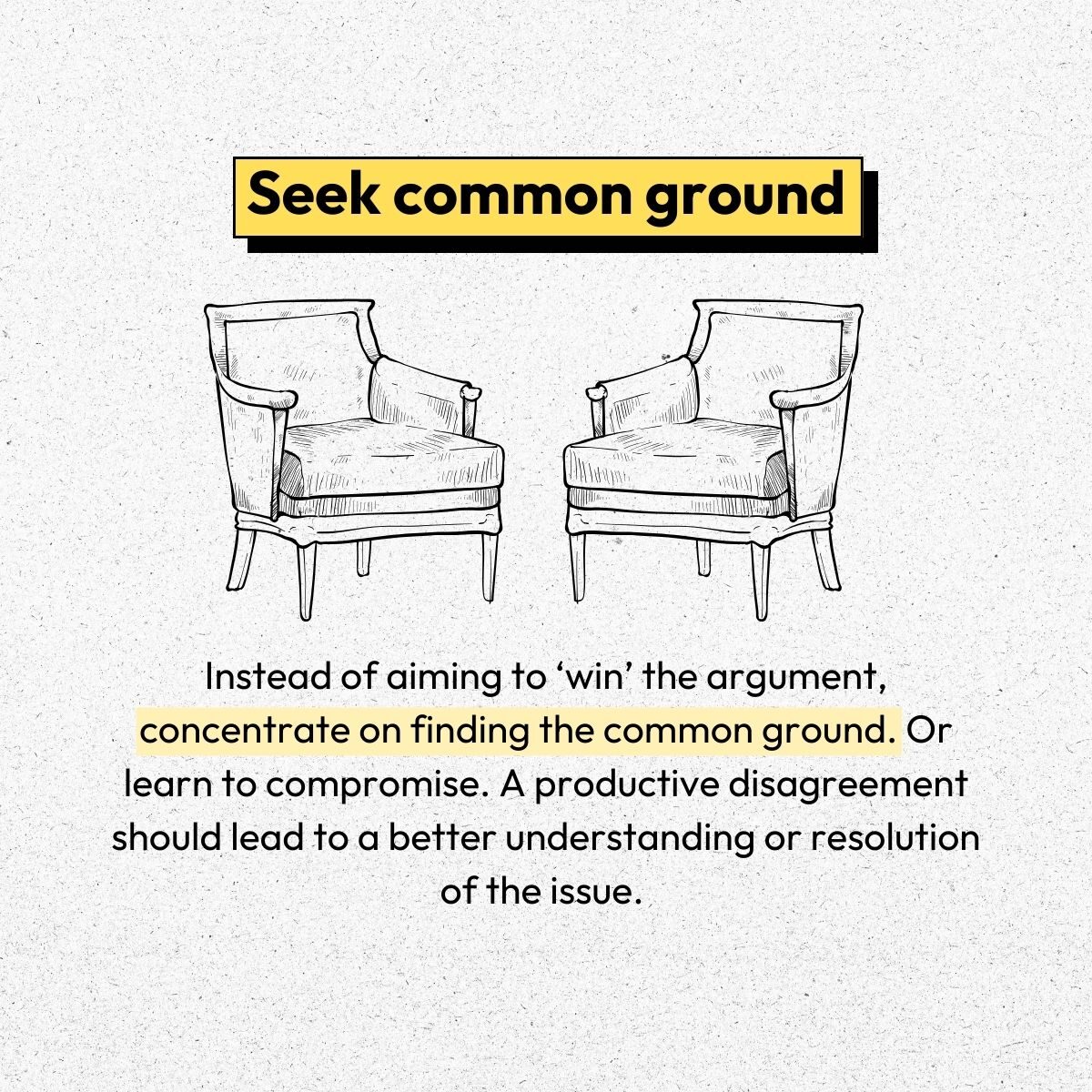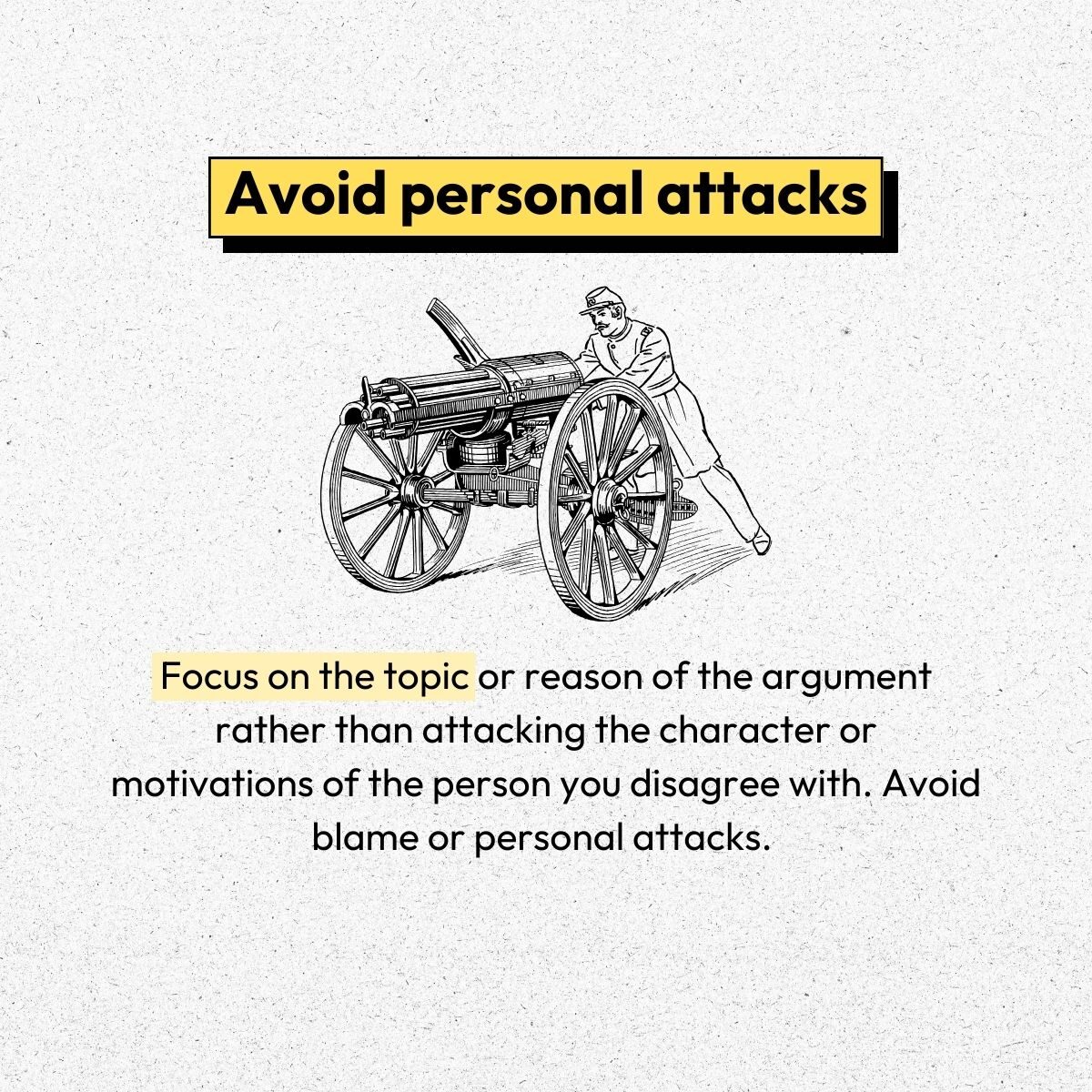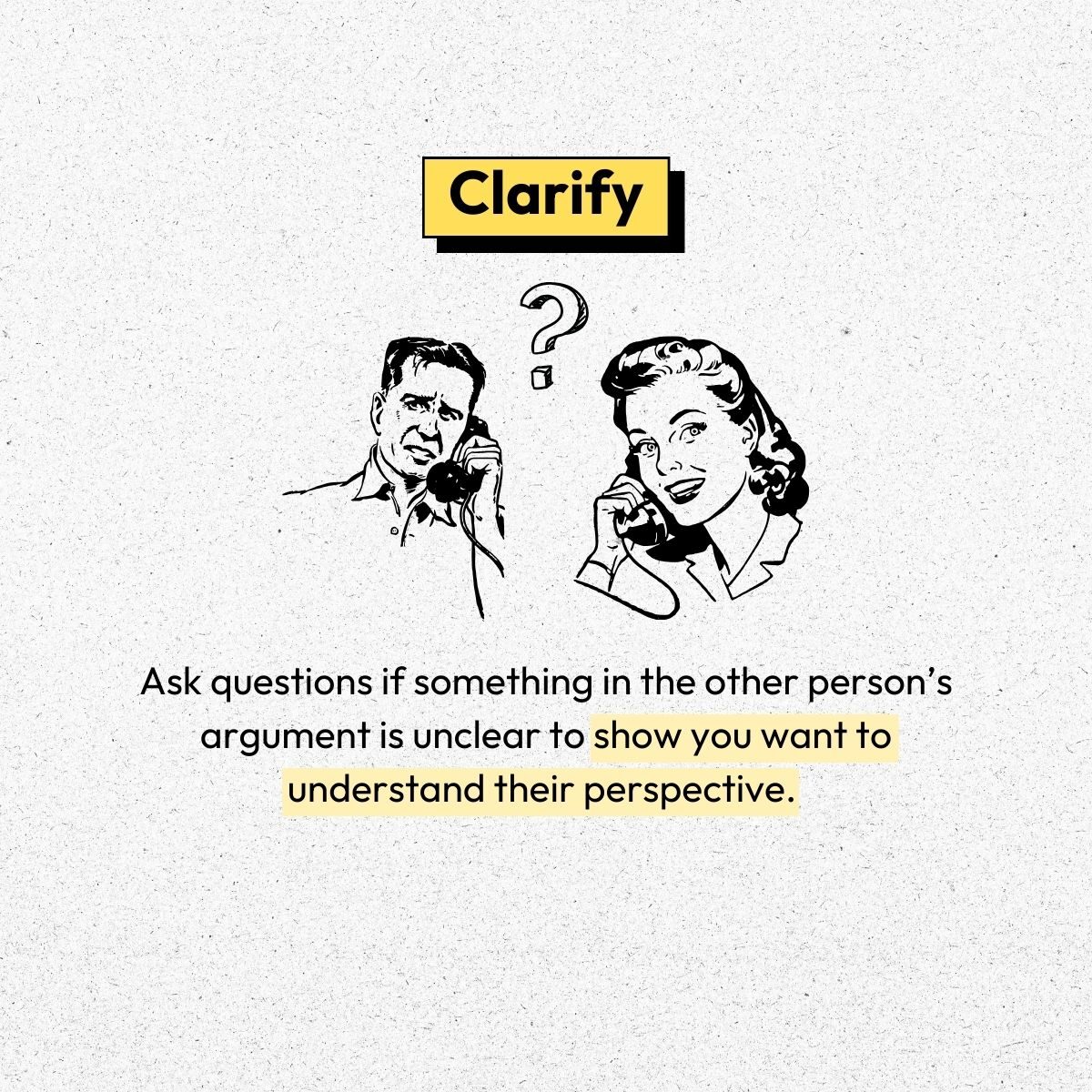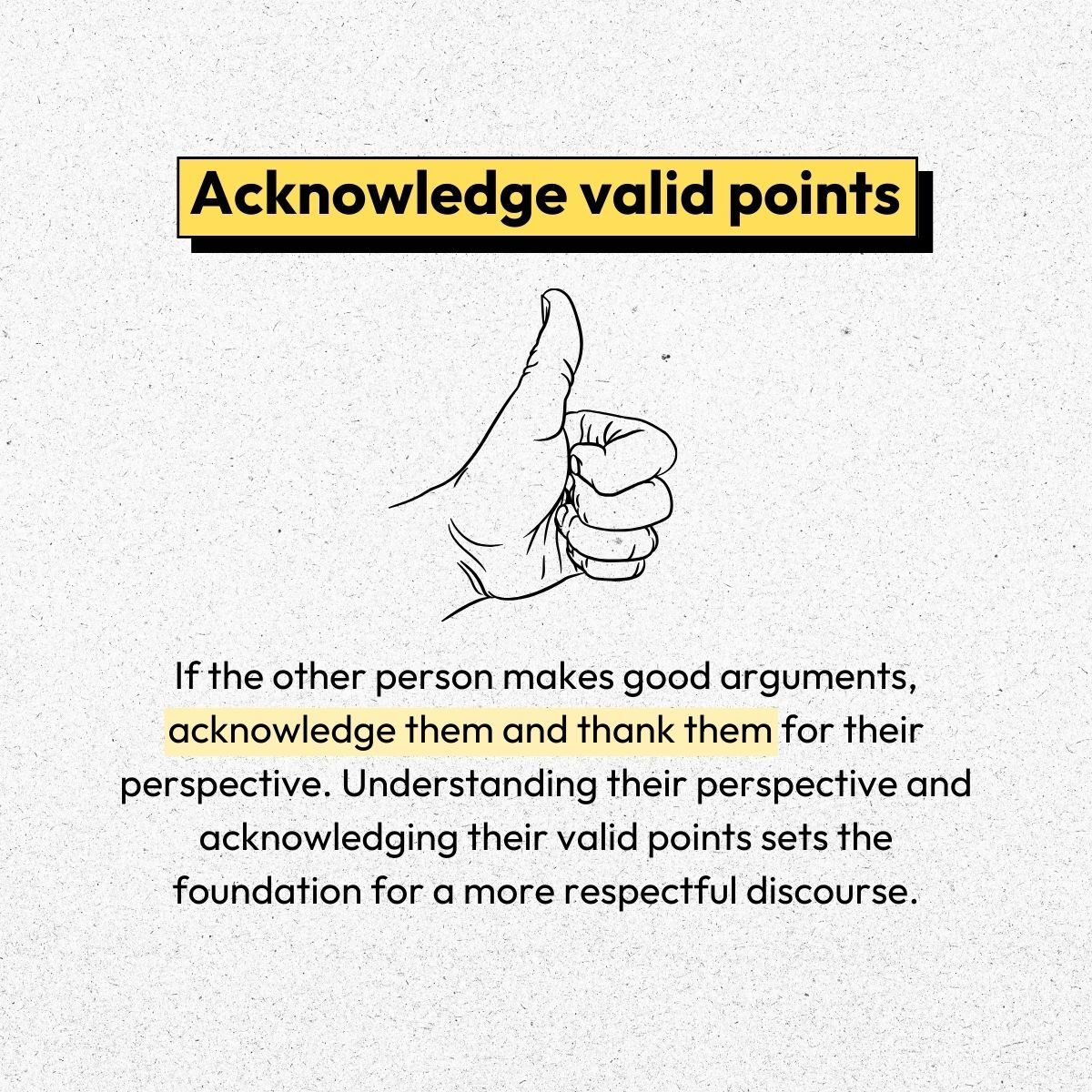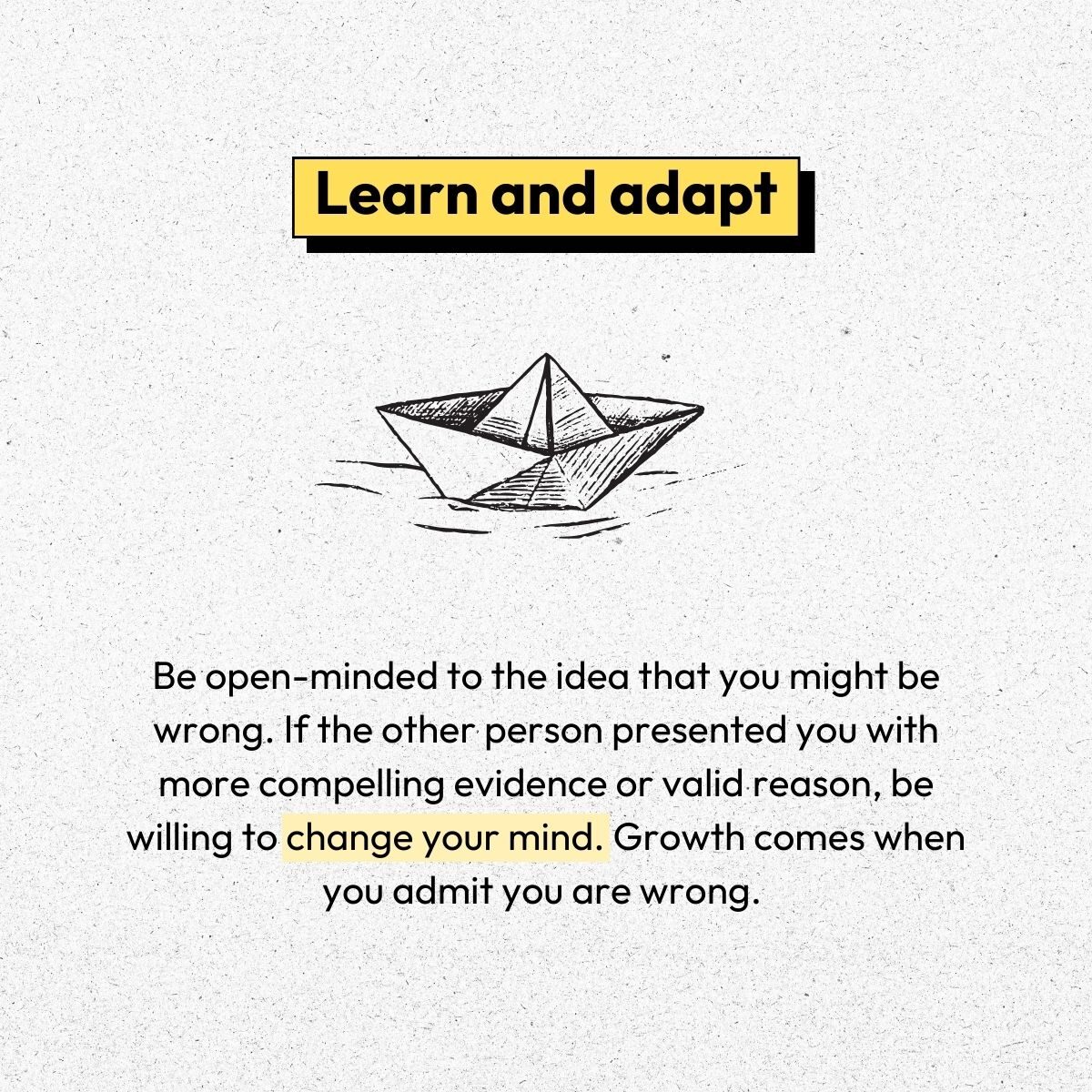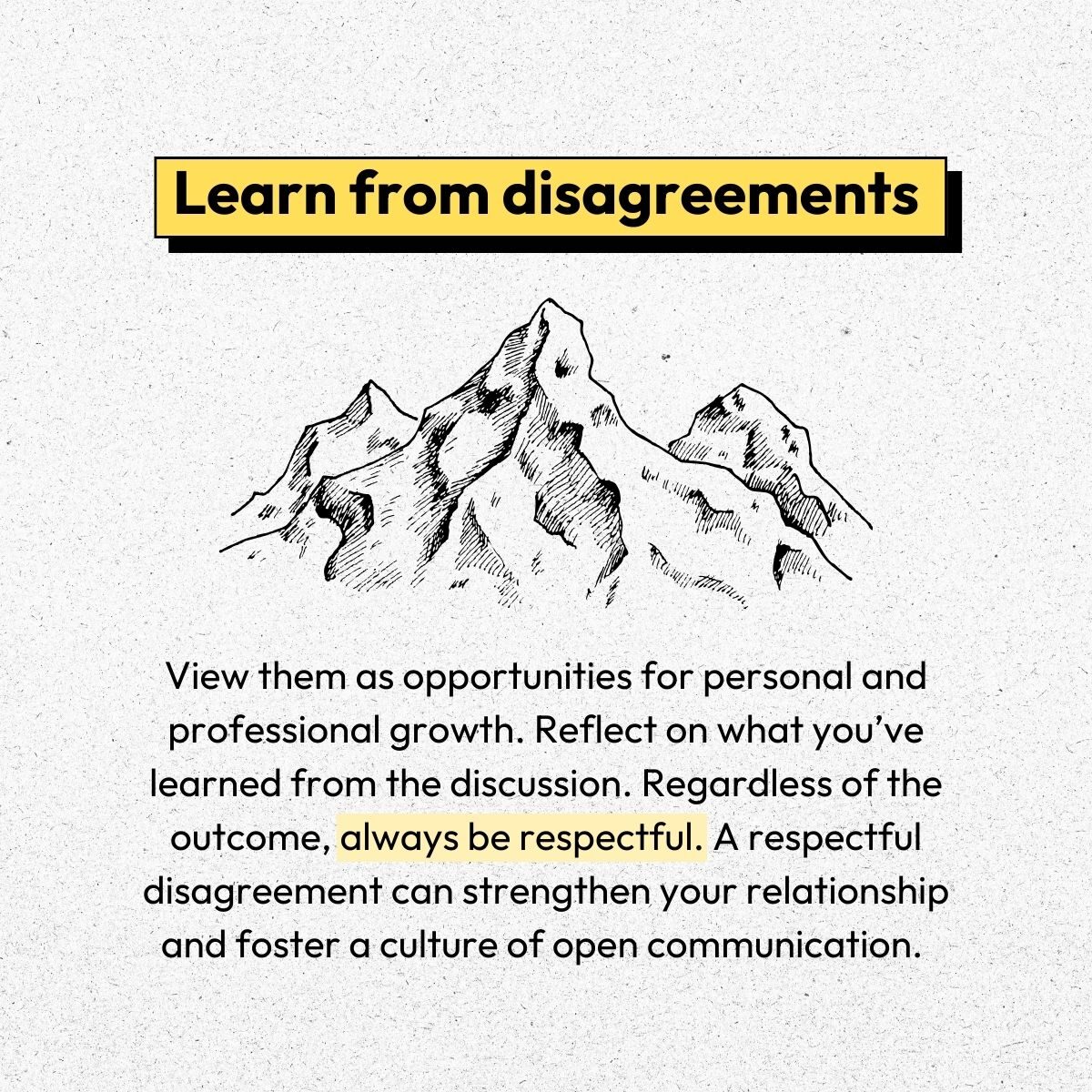How to respectfully and effectively disagree with your boss or co-worker
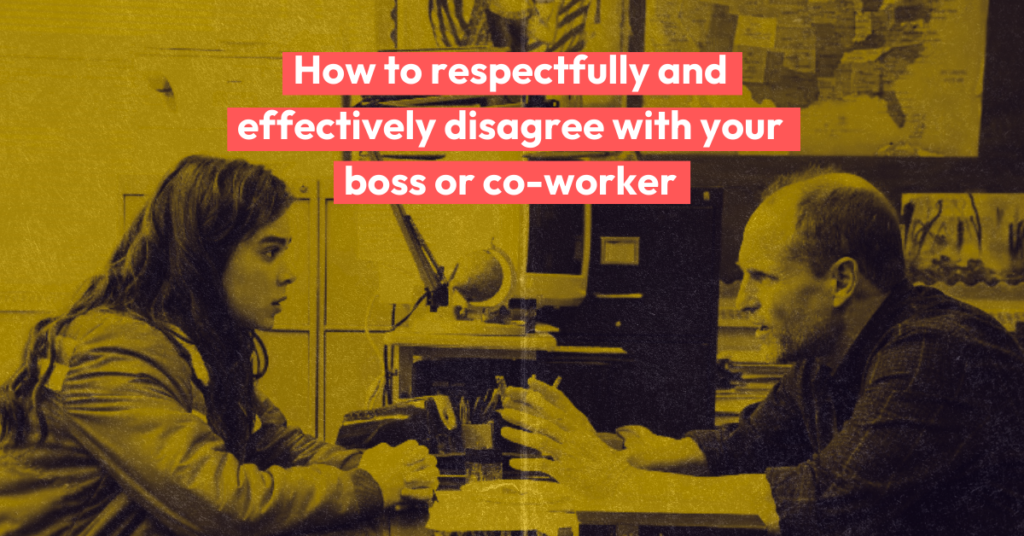
Table of Contents
Today’s complex and fast-paced work environment stresses employees tremendously.
Digital communication tools like email and instant messaging can be overwhelming. Information overload can make it difficult for employees to prioritize and process information effectively.
What can be considered a healthy disagreement can quickly escalate into conflict.
According to the latest Conflict at Work studies by Myers-Briggs company, workplace conflict is becoming more common. Over a third (36%) of people reported dealing with conflict often, very often, or all the time, compared to 29% in previous studies.
- Managers spend an average of 4 or more hours per week dealing with conflict
- Approximately 1 in 4 people think their managers handle conflict poorly or very poorly.
- The more time employees spend dealing with conflict, the lower their job satisfaction and the less included they feel.
- Poor communication is the number one cause of conflict.
Furthermore, the rise in multicultural and global teams can result in disagreement.
We work with people from other cultures and backgrounds. The diverse cultural norms and communication styles can lead to unintentional misunderstandings.
For example, in some cultures, senior employees are highly respected, which prevents younger employees from disagreeing with older colleagues. In other cases, some cultures can be more candid, or even blunt, in their feedback.
A Double Check Before You Speak
Disagreements are a normal part of our daily lives. If taken positively, they could lead to a better exchange of ideas and decision-making.
However, not all disputes are made equal. A healthy disagreement is based on a genuine desire for constructive dialogue, while an unhealthy one can be driven by ego or the need to win an argument.
Before you disagree, it is crucial to self-reflect by doing the following:
- Check your intentions – do you disagree because of an authentic concern for the issue or because you want to prove your point and boost your ego?
- Evaluate your feelings – do you feel defensive? If yes, your ego may be clouding your judgment. Remember that a different opinion doesn’t necessarily mean a personal attack against you.
- Seek different opinions – talk to other people, especially those considered experts in their fields. Engaging in conversations with others can help you understand the issue deeper, which could either validate or invalidate your stance.
- Think of the bigger picture – reflect on the possible outcome of disagreeing with someone. Will it contribute positively or negatively to the conversation? Is pursuing your idea worth it if it doesn’t resolve the issue or align with the greater good?
Before you object, double-check your position’s correctness, evaluate your ego, and make sure you are arguing in good faith. Doing these things can contribute to a workplace culture that values open communication, collaboration, and the pursuit of truth over personal validation.
17 ways to effectively and respectfully disagree with someone

Engaging in disagreements can be part of a healthy and meaningful work relationship. Here are some ways to disagree respectfully and effectively:
- Be prepared – research the issue and understand the other person’s point of view. Look for facts, data, or examples to get a complete picture of the situation. Doing this demonstrates respect for your coworkers and that you’ve put in effort to have an informed discussion.
- Keep your cool – rein in your emotions. Maintain a respectful tone throughout the conversation. Don’t be argumentative or defensive.
- Use “I” Statements – frame your disagreement based on your feelings or perspective. Instead of speaking accusatory statements, you could say, “I see it differently because…”
- Actively listen – before you disagree, listen to the other person’s arguments first. Understanding their perspective and acknowledging their valid points sets the foundation for a more respectful discourse. Combining empathetic and active listening can help mitigate most conflicts.
- Be respectful – choose your words carefully when disagreeing. Refrain from making insults, personal attacks, or saying disrespectful words. Maintain eye contact and open posture during face-to-face discussions to convey attentiveness and respect. Allow others to express their viewpoints entirely before responding.
- Focus on the issue, not the person – keep the discussion centered on the topic or idea at hand rather than making it personal. Avoid blame or personal attacks.
- Seek common ground – instead of aiming to ‘win’ the argument, concentrate on finding the common ground. Or learn to compromise. A productive disagreement should lead to a better understanding or resolution of the issue.
- Clarify – ask questions if something in the other person’s argument is unclear to show you want to understand their perspective.
- Acknowledge valid points: If the other person makes good arguments, acknowledge them and thank them for their perspective.
- Stay solution-oriented – work on finding solutions rather than dwelling on the disagreement.
- Avoid personal attacks: focus on the topic or reason of the argument rather than attacking the character or motivations of the person you disagree with. Constructive criticism should be observed.
- Seek input from others: involve colleagues or team members to provide additional information on the issue.
- Learn and adapt – be open-minded to the idea that you might be wrong. If the other person presented you with more compelling evidence or valid reason, be willing to change your mind. Growth comes when you admit you are wrong.
- Be civil – regardless of the outcome, always be respectful. A respectful disagreement can strengthen your relationship and foster a culture of open communication.
- Follow up – After the discussion, consider following up with an email or face-to-face discussion to reaffirm your commitment to working together and maintaining a positive relationship.
- Seek Mediation – if disagreements persist or escalate, involve a neutral third party, like the supervisor or HR representative, to mediate and facilitate a resolution.
- Learn from the disagreements: view them as opportunities for personal and professional growth. Reflect on what you’ve learned from the discussion.
A respectful disagreement can lead to better decisions and stronger relationships when handled with empathy and professionalism.

Scenario 1: How to respectfully disagree with your boss
A marketing specialist sat in the supervisor’s office for their weekly strategy meeting. They were discussing an upcoming product launch, and the marketing specialist had a different marketing strategy in mind.
Marketing Supervisor: “We should focus our marketing efforts on social media influencers to promote our latest product. They have a huge number of followers, and it will create a buzz.”
Marketing Specialist: “I understand your point. But we should also budget for FB ads to help us become more visible and complement our influencer strategy. “
Marketing Supervisor: “I appreciate your idea. But I think social media influencers will give us the best ROI. It’s the current trend, and we should jump into that.”
The marketing specialist knew she had to stand her ground, so she calmly replied, “I respect your insight, but I’ve also conducted some research that indicates combining both strategies may yield better results. Can we consider conducting a small-scale test campaign to compare the two strategies before we make our final decision?”
Scenario 2: How to respectfully disagree with your co-worker
In a team meeting, a software engineer and quality assurance tester took different sides over releasing a software update.
Software engineer: “We should release the update ASAP. Our subscribers have been waiting for these new features, and making them wait too long will frustrate them.”
Quality assurance tester: “I understand the urgency, but I’ve identified several critical bugs that must be fixed before officially releasing them. If we push now with these issues, it will further frustrate them and can damage our reputation.”
The software engineer, feeling the pressure from the tight deadlines assigned by the product manager, retorted: “We can fix those bugs in the next update. We’ve already postponed this release multiple times, hurting our product development schedule. “
The quality tester remained firm, stating: “I agree we shouldn’t delay it indefinitely, but releasing it with known critical bugs isn’t the right approach. Let’s work together to prioritize and address these issues efficiently to release a stable update.”
The software engineer and quality tester decided to work closely to resolve the bugs and release the update as soon as possible without compromising the quality. Their disagreement led to a more comprehensive and stable software release.
Conclusion
You must pause and reflect on your motivation and intentions when disagreements happen. Ensure that your ego doesn’t drive your decisions and that you disagree effectively. Always remember that the goal is to have a productive conversation.
By following these tips, you can turn disagreements into opportunities for constructive problem-solving and healthy conversation that can enhance your personal and professional relationships.
